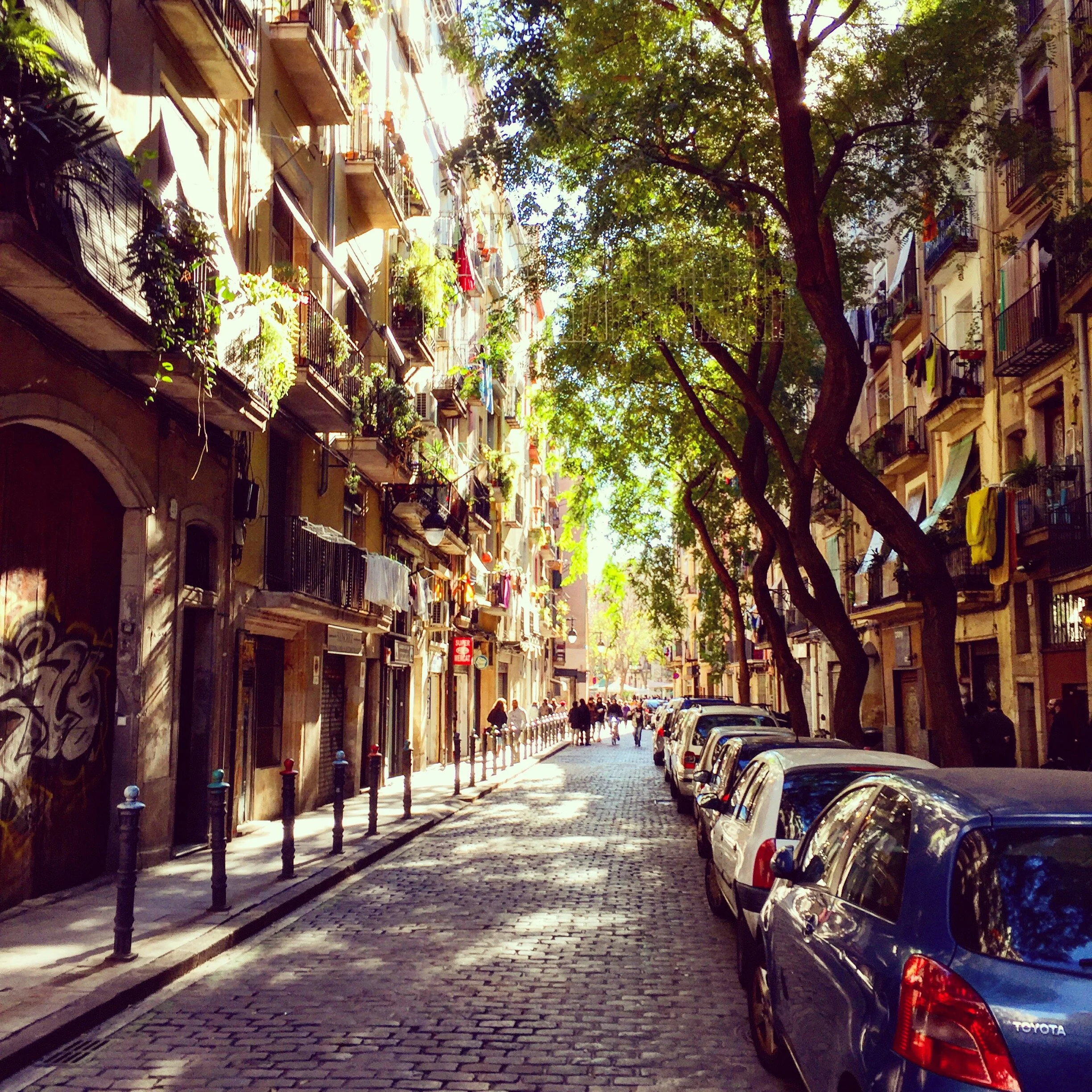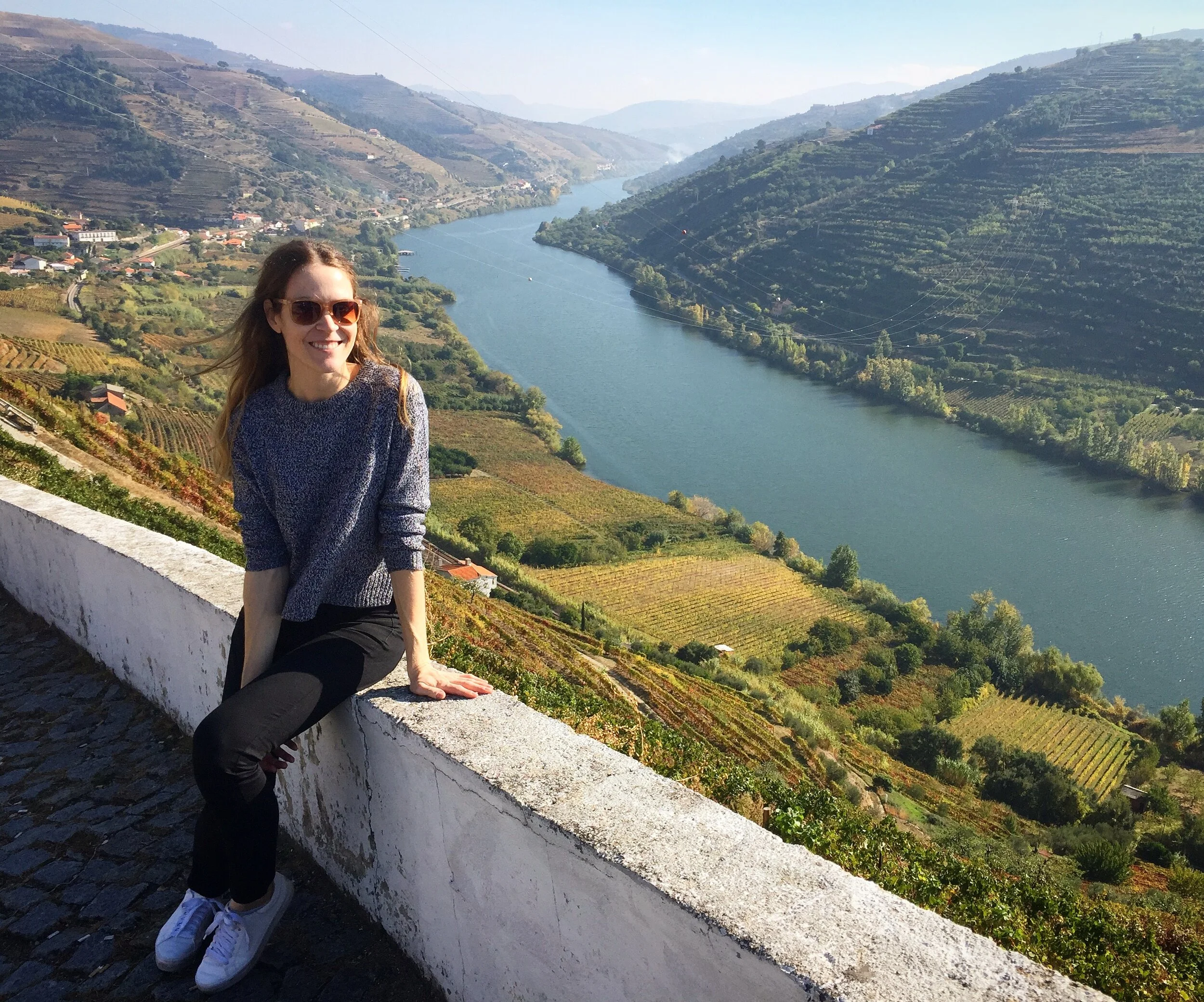Triggered by transition: How tumult sets the stage for relapse
In March, I moved back to the United States (my home country) after living in Europe for the better part of a decade.
In Europe…time zones away from the calorie counting and diet culture that deplete Americans of millions of dollars (but not millions of pounds) each year.
In Europe…where the nutritional facts that label food are either too small, too opaque, or too incomprehensible (i.e., different units of measurement) to read.
In Europe…where (at least in Southern Europe) the focus is less on what you achieve, what you own, and what’s next, and more on living in the moment, being with friends and family, eating, being outside, and taking your time.
In Southern Europe…where the economy might not be as strong and the jobs might not pay as much, but people and the energy are noticeably more at ease.
But back in the States, I feel ambushed. The aisles of supermarkets feel like never-ending tunnels of flashy colors and buzzwords like “Lite” and “Low-Fat.” The drinks aisle features what feels like at least 15 different brands of sparkling water. Calorie numbers are splashed across food containers, seemingly larger than I remember, standing apart from the rest of the data as if this number is more important than the name of the food, while the list of ingredients is virtually illegible.
I try hard to fend off the panic crawling up the nerves of my legs during my first trip to an American superstore. The sheer amount of choice assures me I’ll be there for at least an hour, and any plan to read the microscopic lists of ingredients confirms that I need to schedule my first eye doctor visit.
But it’s not just at supermarkets—calorie counts are on menus, both online and at eateries. This was just starting to become a thing when I had one foot out America’s door in 2013, but it seems to have taken off since I’ve been gone. I may have enjoyed blissful ignorance in the smaller and shorter aisles of European supermarkets, but now it was hard to look at any food without noticing the big bold black numbers attempting to dictate how much of the food you should eat per day
Equipped with an excellent new American healthcare plan, I’ve been curious to see whether mental healthcare coverage has improved in the past 8 years. I had left the U.S. hopeful that we were on the right track in terms of mental healthcare parity. I had even been involved in advocating for such coverage with the Eating Disorders Coalition (EDC) from 2008 to 2011. When I left, I was paying out of pocket for a therapist who wasn’t in my insurance network because I was unable to find a suitable match who understood eating disorders and was qualified to treat them.
Abroad, I was lucky enough to find a few therapists who had been trained in eating disorders, and their rates were between €55 and €65 ($66 and $78). It was manageable on my Spanish salary.
Now, even with a comprehensive healthcare plan with thousands of providers to choose from, I’m struggling to find qualified care. I’ve already begun looking outside my network and hourly rates start at $160 and only go up from there, as high as $200 an hour in some cases. I’m saddened more progress hasn’t been made to make quality mental healthcare more accessible. And I’m back on board with the EDC to keep fighting for fair coverage.
Culture comparing aside, the transition back to a region in which I grew up, in which I was a fervent athlete, in which my eating disorder developed and thrived has been a tumultuous and frightening reversion. The smells, sounds, and sights right outside my front door are the same sensory notes I was privy to as a child in the suburbs of Virginia. A deep inhale instantly transports me to those hot, sticky summer mornings when I was either preparing to leave for soccer camp or preparing for pre-sunrise field hockey practice before it became too hot to even stand outside.
I’m also taken back to the summer of 2004, the last summer I had with my mom before she died from cancer that September. That summer and a handful of summers after, my obsessions and behaviors started to sprout. Twice-a-day workouts, skipping meals, sneaking diet pills, and drinking SlimFast shakes. Life was completely unraveling but the one thing I could get a handle on was what went into and out of my body.
Each time I step out into my new neighborhood, I am smacked with nostalgia, and not the warm, fuzzy kind. Instead, the kind that whips me back to a time I’d much prefer to leave in the past.
But while the climate may be familiar, a lot of other things about my surroundings are brand new.
Image: Ravna Rijeka, Montenegro
I am living in a state in which I’ve spent very little time prior to moving. I’m driving a car again for the first time in 15 years. I’m furnishing a rented townhouse, the first time I’ve been able to really decorate my own space.
And I’m relearning how to live in the culture in which I was born, how to ignore a lot of outside chatter and tune into the self-talk I’ve developed during the past 10 years of recovery, how to say “F you” to the diet culture that once had me begging at its feet for the next miraculous method for eliminating stubborn thigh fat, and how to carry with me the calm confidence I’ve honed through osmosis while overseas.
It’s no shocking truth that change and transitions are some of the most stressful times humans can experience. The lack of control over a situation cultivates a fertile breeding ground for past issues to plant themselves and grow at their own pace. And while I knew the possibility for relapse would likely nag at me during this transition, I didn’t expect it to be so poignant.
I’m confident in my ability to get through this but that doesn’t mean I’m not terrified. If anything, it’s confirmation that I need to keep my recovery strategies fresh and at the ready. I know I’ll find my sweet spot in my new-yet-old surroundings, but it might just take “Spanish time” for me to get there.
Pause & Prompt
Think of a major transition you’ve experienced in your life. How were you challenged by mental obstacles? How were you able to work through them?




